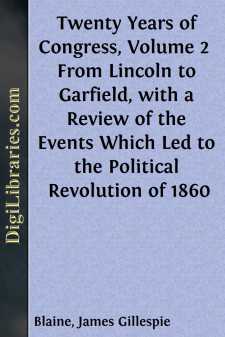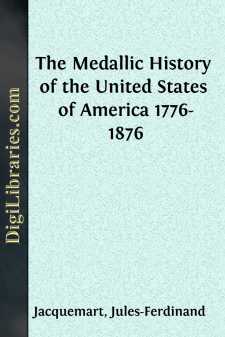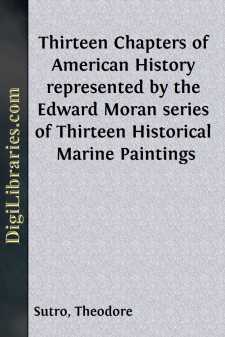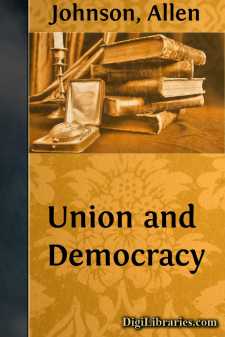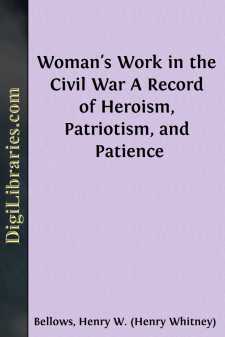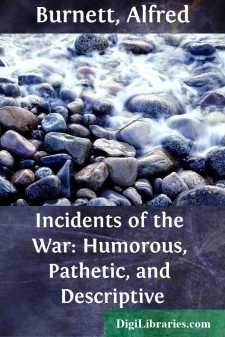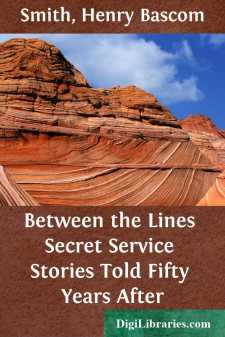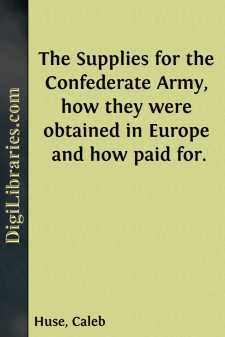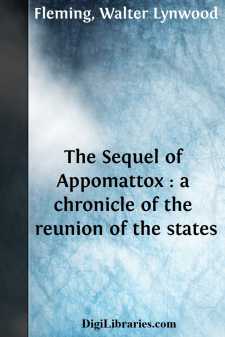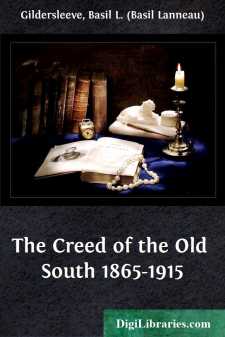Categories
- Antiques & Collectibles 13
- Architecture 36
- Art 48
- Bibles 22
- Biography & Autobiography 813
- Body, Mind & Spirit 142
- Business & Economics 28
- Children's Books 17
- Children's Fiction 14
- Computers 4
- Cooking 94
- Crafts & Hobbies 4
- Drama 346
- Education 46
- Family & Relationships 57
- Fiction 11829
- Games 19
- Gardening 17
- Health & Fitness 34
- History 1377
- House & Home 1
- Humor 147
- Juvenile Fiction 1873
- Juvenile Nonfiction 202
- Language Arts & Disciplines 88
- Law 16
- Literary Collections 686
- Literary Criticism 179
- Mathematics 13
- Medical 41
- Music 40
- Nature 179
- Non-Classifiable 1768
- Performing Arts 7
- Periodicals 1453
- Philosophy 64
- Photography 2
- Poetry 896
- Political Science 203
- Psychology 42
- Reference 154
- Religion 513
- Science 126
- Self-Help 84
- Social Science 81
- Sports & Recreation 34
- Study Aids 3
- Technology & Engineering 59
- Transportation 23
- Travel 463
- True Crime 29
Sort by:
CHAPTER I. Abraham Lincoln expired at twenty-two minutes after seven o'clock on the morning of April 15, 1865. Three hours later, in the presence of all the members of the Cabinet except Mr. Seward who lay wounded and bleeding in his own home, the oath of office, as President of the United States, was administered to Andrew Johnson by Chief Justice Chase. The simple but impressive ceremony was...
more...
INTRODUCTION. Medals, by means of the engraver's art, perpetuate in a durable form and within a small compass which the eye can embrace at a glance, not only the features of eminent persons, but the dates, brief accounts, and representations (direct or emblematical) of events; they rank, therefore, among the most valuable records of the past, especially when they recall men, deeds, or...
more...
by:
Theodore Sutro
INTRODUCTORY. The Thirteen Paintings, to a history and description of which (and incidentally to a brief memoir of their creator, Edward Moran) these pages are devoted, are monumental in their character and importance. Mr. Moran designated them as representing the "Marine History of the United States." I have somewhat changed this title; for even the untraversed "Ocean" and the landing...
more...
by:
Allen Johnson
CHAPTER I THE ORDEAL OF THE CONFEDERATION It was characteristic of the people of the United States that once assured of their political independence they should face their economic future with buoyant expectations. As colonizers of a new world they were confident in their own strength. When once the shackles of the British mercantile system were shaken off, they did not doubt their ability to compete...
more...
PREFACE. The preparation of this work, or rather the collection of material for it, was commenced in the autumn of 1863. While engaged in the compilation of a little book on "The Philanthropic Results of the War" for circulation abroad, in the summer of that year, the writer became so deeply impressed with the extraordinary sacrifices and devotion of loyal women, in the national cause, that he...
more...
by:
Alfred Burnett
The author of the following sketches, letters, etc., has been known to us for lo, these many years. We have always found him "a fellow of infinite jest," and one who, "though troubles assailed," always looked upon the bright side of life, leaving its reverse to those who could not behold the silver lining to the darkling clouds of their moral horizon. We could fill a good-sized volume...
more...
APOLOGY. Fifty years ago! Gracious me! It makes me think of my age to talk of it. Yes, just fifty years ago was enacted the greatest tragedy the world ever saw, THE CIVIL WAR. I entered the service at twenty and one-half years of age and served three and one-half years. At different times I have told of some of my experiences, which seemed to interest. Sometimes I have talked to literary men, story...
more...
by:
Caleb Huse
REMINISCENCES my return in May, 1860, from a six months' leave of absence spent in Europe, I found an appointment as professor of chemistry and commandant of cadets in the University of Alabama awaiting my acceptance. During my absence the President of the University and a committee of the Board of Trustees visited West Point and the Virginia Military Institute and, pleased with the discipline of...
more...
CHAPTER I. THE AFTERMATH OF WAR When the armies of the Union and of the Confederacy were disbanded in 1865, two matters had been settled beyond further dispute: the Negro was to be free, and the Union was to be perpetuated. But, though slavery and state sovereignty were no longer at issue, there were still many problems which pressed for solution. The huge task of reconstruction must be faced. The...
more...
A few months ago, as I was leaving Baltimore for a summer sojourn on the coast of Maine, two old soldiers of the war between the States took their seats immediately behind me in the car, and began a lively conversation about the various battles in which they had faced each other more than a quarter of a century ago, when a trip to New England would have been no holiday jaunt for one of their...
more...


